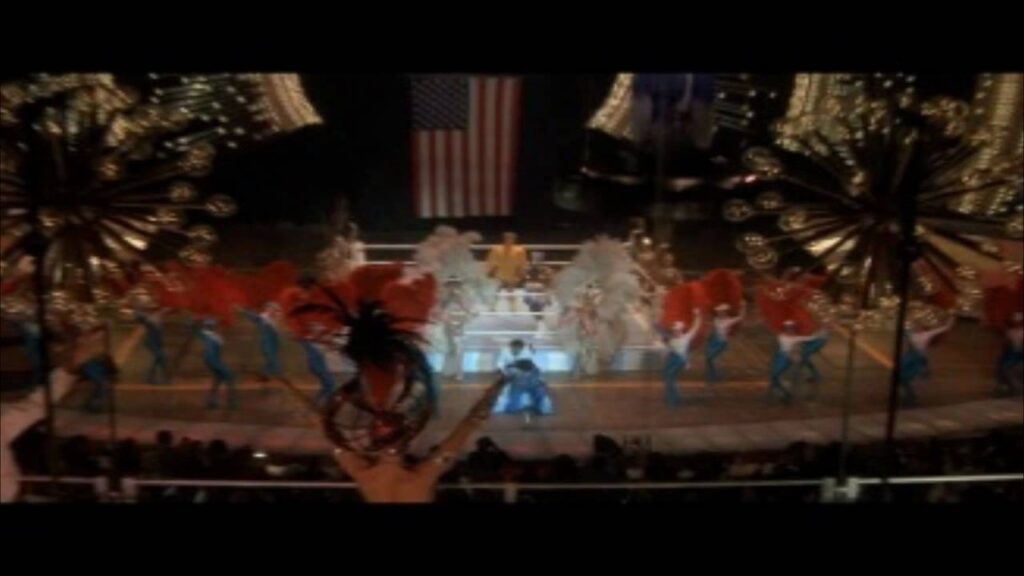Improving Your Memory: Tips and Techniques from a Memory Champion
Summary
Nelson Dellis, a Memory Coach and USA Memory Champion, shared his expertise on memory and offered valuable tips and techniques during a Q&A session on Twitter. From the impact of sleep and exercise on memory to memorizing lists and recalling names, Nelson covered a range of topics on how to improve our memory. In this article, we’ll dive deeper into his insights and advice.
Table of Contents
- The Impact of Sleep and Exercise on Memory
- Techniques for Memorizing Lists and Passages
- Memory Palaces and the PAO System
- Tips for Remembering Names
- The Power of Smell Memories
- Diet and Memory Improvement
- Conclusion
Introduction
Do you struggle with memorizing lists or recalling names? Or wish you had a better memory overall? Nelson Dellis, a Memory Coach and USA Memory Champion, has spent years perfecting his skills and training techniques to help others improve their memory. In a Q&A session on Twitter, Nelson answered a range of questions on memory, from the impact of sleep and exercise to memorizing techniques and even diet. In this article, we’ll explore his insights and advice on how to improve your memory.
Q&A
The Impact of Sleep and Exercise on Memory
Q. How does a lack of sleep affect memory?
Nelson Dellis: Lack of sleep affects memory negatively as it impacts focus, which is crucial in memorization. Additionally, the process of transferring data from short-term to long-term memory happens during certain stages of deep sleep. Therefore, lack of sleep can impair this process and result in difficulty in retaining information.
Q. Can exercise benefit memory?
Nelson Dellis: Absolutely. Exercise indirectly and directly benefits memory. Directly, it can increase blood flow to the brain and promote cell growth, which can lead to better memory retention. Indirectly, exercise can reduce stress and anxiety levels, both of which can negatively impact memory.
Techniques for Memorizing Lists and Passages
Q. What are some techniques for memorizing lists or passages?
Nelson Dellis: Two common techniques for memorizing lists are the “linking method” and “first letter method.” The linking method involves creating associations or “links” between items on the list. For example, if you need to remember a list of grocery items, you could “link” them in a story like “I went to the store and bought an apple. Next, I saw a banana and then some carrots.” The first letter method involves creating a word or acronym using the first letter of each item on the list. For example, if you need to remember a list of colors, you could associate them with the acronym ROYGBIV (Red, Orange, Yellow, Green, Blue, Indigo, Violet).
Q. How can the “memory palace” technique be useful?
Nelson Dellis: The “memory palace” is a technique that uses a familiar physical space, such as your home, to map out information to be remembered. Each location within the space represents a piece of information. This technique allows for flexibility in the order and recall of the information, as you can mentally “walk” through the space and retrieve the information as needed.
Memory Palaces and the PAO System
Q. How do you use the PAO system and memory palaces to memorize a deck of cards?
Nelson Dellis: The PAO system involves assigning a Person, Action, and Object to each playing card. For example, the King of Hearts could be associated with a Person (e.g. Elvis Presley), an Action (e.g. playing a guitar), and an Object (e.g. a heart-shaped guitar). Then, you would create a memorable scene using these associations for each card in the deck. The memory palace technique can then be used to mentally store and recall each of these scenes based on their location within a familiar physical space.
Tips for Remembering Names
Q. How can I remember people’s names better?
Nelson Dellis: One technique is to turn someone’s name into a picture or an object in your mind. For example, if you meet someone named Alice, you could imagine them wearing a large red “A” on their shirt. Another technique is to actively repeat and try to remember their name, such as by introducing them to someone else using their name or using it in conversation multiple times.
The Power of Smell Memories
Q. Why are smell memories so intense?
Nelson Dellis: Smell memories are so intense because they are processed by the limbic system, which is responsible for emotions and memories. Smells can evoke strong emotional responses and vivid memories because they are so closely tied to both.
Diet and Memory Improvement
Q. Are there any dietary sources that may improve memory?
Nelson Dellis: Omega-3 fatty acids have been shown to benefit brain health and memory. Sources of omega-3s include fish, nuts, and seeds. However, it is important to note that relying solely on brain supplements is not recommended. Instead, we should focus on improving our memory through better lifestyle choices and using our memory actively.
Conclusion
Improving our memory is not an impossible task, and Nelson Dellis has given us valuable insights and techniques to help us train our memory. From the importance of sleep and exercise to memory techniques like the “linking method” and “memory palace,” we can work to improve our memory and be more efficient in our daily lives. Whether it’s remembering a grocery list or recalling the name of a new acquaintance, we can use these techniques to help us improve our memory and live more fulfilling lives.







